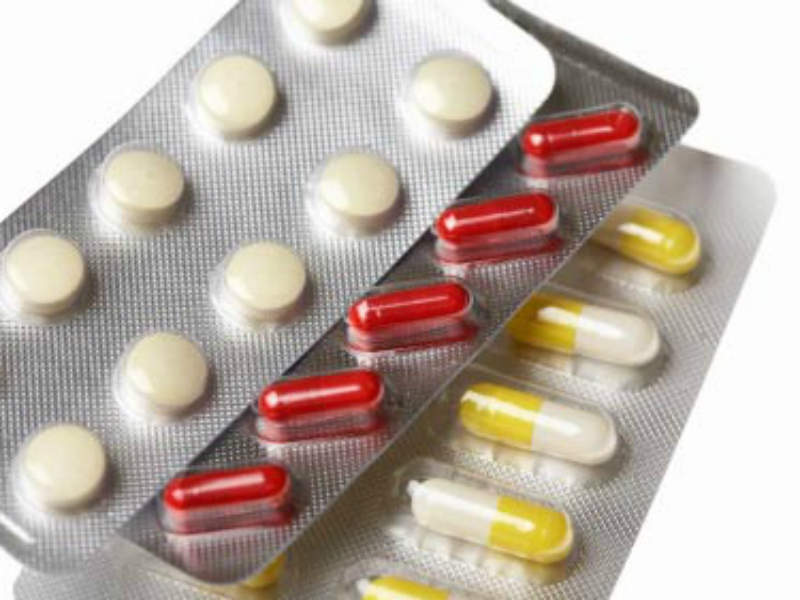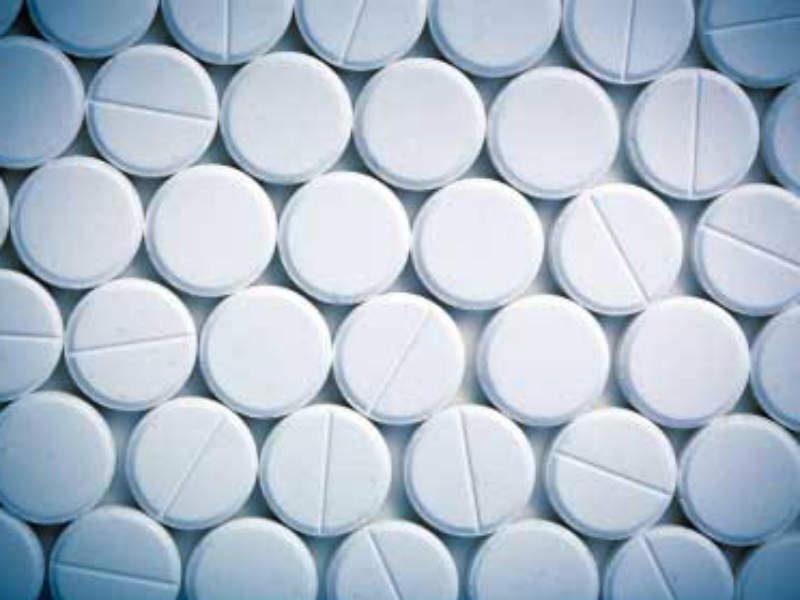Clinical Trial Consulting, Pharmaceutical Consulting and Adaptive Clinical Trial Design
Clinical trial consulting and pharmaceutical consulting professionals will benefit by becoming current on adaptive trial design.

Pharmaceutical Development Group (PDG®) is a pharmaceutical regulatory consultant for submissions to the US Food and Drug Administration (FDA), including approvals and post-marketing issues.
You have successfully submitted your enquiry. Someone from our company will respond ASAP

Pharmaceutical Development Group (PDG®) is a pharmaceutical regulatory consultant for submissions to the US Food and Drug Administration (FDA), including approvals and post-marketing issues.
The company’s in-depth knowledge of the science, regulatory affairs, commercial concerns, review processes and interactions with the FDA spans a variety of dosage forms and therapeutic areas.
PDG’s drug development expertise includes new chemical entities, 505(b)(2) products, drug efficacy study implementation (DESI) and grandfathered drug products, generics, prescription and nonprescription, both new drug application (NDA) and over-the-counter (OTC) monograph. PDG possesses the resources and experience to address large scale development projects, long-term regulatory strategies and complex non-clinical and clinical issues.
The company is acutely aware of the commercial hurdles faced by drug companies and has a keen sense for knowing which development projects might work and the ones that will not. PDG’s drug development input is backed by years of industry experience.
Introducing new drug products to the US market in the current regulatory environment is a complex undertaking that can be both lengthy and expensive. However, much of the cost and effort required to bring a drug product to market may be eliminated through the employment of strategic development principles at the front end.
PDG will help you identify the earliest point in the drug development process where the evidence suggests a reasonable likelihood for success, as well as an absence of key causes of failure. Critical to the effort is the company’s integrated review of crucial areas such as safety, efficacy, pharmacologic, commercial and FDA regulatory concerns.
Despite the availability of guidance meant to assist sponsors, FDA meetings can be intimidating and unproductive. As such, many sponsors fail to get the most benefit from them. Successful FDA meetings will help you avoid costly delays, secure FDA’s opinions and buy-in on your project and contribute to a solid relationship with FDA. The Pre-IND Meeting is a relatively low-cost and strategic early determinant of the critical path for your product’s development.
Such meetings can help identify and resolve early development issues encountered specifically in the areas of toxicology, pharmacology and formulation/CMC. Meeting with FDA staff contributes to prevention of clinical holds and provides useful information in the compilation and submission of an IND. In short, strategically planned and professionally facilitated Pre-IND Meetings increase the chances for success of your development program.
Years of service to the pharmaceutical industry has taught PDG that supplier / vendor selection, audit, qualification, contract negotiation, and oversight are critical to a successful drug development program. PDG routinely helps its clients develop these important resources including clinical research organizations (CRO), contract manufacturing organizations (CMO), active pharmaceutical ingredient (API) & component suppliers, clinical and non-clinical laboratories.
The company also maintains oversight and relationships with such third-party organizations to ensure their adherence to sponsor protocols, schedules, budgets, good clinical practices (GCP), good laboratory practices (GLP), and good manufacturing practices (GMP) as applicable.
Dr Blume and PDG personnel have been engaged in more than 150 NDA and ANDA applications for a range of new and generic drugs, in addition to numerous nonprescription projects. However, PDG’s responsibilities do not end with submission assignments, but continue through post-approval strategies in support of safety and compliance.
These responsibilities include periodic reporting (PADERs/PSURs), post-marketing safety surveillance, literature reviews and signal detection, as well as currency of professional labeling, patient labeling, Medication Guides (REMs) and promotional labeling.
PDG helps develop strategies for optimizing drug safety, leveraging its professional experience as a pharmaceutical and FDA regulatory consultant. Clients are guided through the development of commercial and clinical strategies to optimize safety and ROI throughout their drug product’s lifecycle.
PDG provides assistance to clients from the initial idea presentation to the FDA, covering areas that include:
Imagine the value of continuous access to the resources necessary to complete tasks that are out of the ordinary, unexpected, or you just don’t have time for. Unexpected events such as recalls, FDA audits, or newly proposed FDA regulations may demand immediate attention and expertise.
PDG maintains readiness to address such challenges. PDG provides a wide variety of competencies and capacity that will help you respond with immediacy and quality.
PDG offers a wide range of services as your long-term regulatory partner throughout the lifespans of your products. Given the company’s versatility, it should come as no surprise that PDG has completed a large number of diverse projects for its clients.
When you call PDG, you will not reach a lone uninformed voice on the telephone, or an answering service promising a return call. Professional staff are on-call for clients 24/7.

Clinical trial consulting and pharmaceutical consulting professionals will benefit by becoming current on adaptive trial design.

Safety surveillance and pharmacovigilance consulting to generic drug manufacturers, as well as generic drug labelling consulting may soon become a service in demand.

Pharmaceutical Development Group (PDG) is a drug and medical device consultant that continuously engages in meetings and interactions with the US Food and Drug Administration (FDA).

If the Over-the-Counter (OTC) Monograph User Fee Programme (OMUFA) is passed, it will include pre-submission meetings for proposed monograph changes.

Pharmaceutical Development Group has announced it will be attending this year's AAPS Annual Meeting and Exposition in San Diego.

Various changing factors in the US have resulted in the new availability of generic drug formulations.

Are you up-to-date on complex generics? You probably already know they are inherently difficult to duplicate, yet still reviewed by CDER-OGD (not CBER) using 505(j) Abbreviated New Drug Applications (ANDAs).

Prior to 23 March 2010, there was no regulatory pathway for biosimilar development in the US.

As pharmaceutical consultants, the scientists at PDG are also pharmacokinetic (PK) consultants. Proper design and placement of your PK studies is critical.

According to the guidance, a 505(b)(2) application is one for which one or more of the investigations relied upon by the applicant for approval 'were not conducted by or for the applicant and for which the applicant has not obtained a right of reference or use from the person by or for whom the investigations were conducted' (21 U.S.C. 355(b)(2))'.

Our most recent paper on the types of drug labeling is a useful primer for anyone with labeling or safety surveillance responsibility.

Pharma consultants: Already familiar with the Quality Management System (QMS) and the benefits it has in regards to the manufacture of drugs and devices? Do you know how important it is to a medical device 510(k) application?

FDA consultants and regulatory strategists, we recognize that the space between nonprescription drugs, medical devices and prescription drugs FDA may consider ripe for Rx-to-OTC switches represent tremendous potential.

It is indisputable that third-party review can speed the time to market for a 510(k) and prevent RTA. On the other hand, does the money need to be spent?

Your drug product labelling (aka package insert) may be out of date for a variety of reasons.

A primer for pharmaceutical consultants, our latest blog describes the characteristics, similarities, differences and applicability of each of FDA's expedited development and review programmes.

Pharma consultants: Did you know there is a medical device programme that is beneficial to some aspects of drug applications?

An adaptive clinical trial consultant or pharmaceutical consultant who writes clinical protocols will benefit by remaining up-to-date on the state of adaptive clinical trial design.

Medical device consulting in the constantly changing landscape of the 510(k) review and clearance process has always been exciting.

Pharmaceutical consulting related to smoking cessation and generic pharmacovigilance has been a topic of interest to PDG for several years. As such, we have monitored two proposed rules closely.

India's pharmaceutical industry has grown at record levels in recent years but now faces unprecedented challenges as the number of blockbuster drugs scheduled to go off patent begins to decline.

As a pharmaceutical consultant, I note that many have speculated the era of the blockbuster drug has ended. 2014 marked the sixth year of a patent cliff in which a majority of US blockbusters fell to generic competition. [1]

Rx to over-the-counter (OTC) switches and the related repositioning of pharmaceutical products from prescription (Rx) dispensing to the retail drug space represent huge market potential.

Many have speculated that the era of the blockbuster drug has ended. 2014 marked the sixth year of a patent cliff in which a majority of US blockbusters fell to generic competition.

The US Food and Drug Administration (FDA) recently announced that fixed-combination drugs (FCD) comprised of at least one NCE will be eligible for five years of exclusivity.

PDG, a pharmaceutical consultant company, understands that drug manufacturers rely on reformulation for prolonged product lifecycles to protect against generic competition, supplement limited pipelines and repurpose existing drug products.

US Food and Drug Administration (FDA) have delayed publication of a rule proposed last year that would allow generic drug sponsors to update safety warnings using the CBE process.

Pharmaceutical Development Group (PDG)™ has published a chronology of events relating to FDA's proposed rule that would allow generics to use the CBE process to update their labeling with new safety information.

Many PDG clients have found the 505(b)(2) new drug application (NDA) development pathway to be a more timely and cost-effective route-to-market.

PDG and its staff have participated in more than 100 505(j) abbreviated new drug applications (ANDA) submissions.

International and US companies rely on the expertise and professional resources of PDG to provide dependable, accurate, and compliant drug safety programmes, pharmacovigilance services, and ongoing assessments of labelling accuracy and completeness.

PDG has participated in multiple new drug applications (NDA), (505(b)(1), 505(b)(2)), and supplemental new drug applications (sNDA), including first-in-class drug products, new chemical entities, prescription (Rx) to over-the-counter (OTC) switches, and fixed-dose combinations.